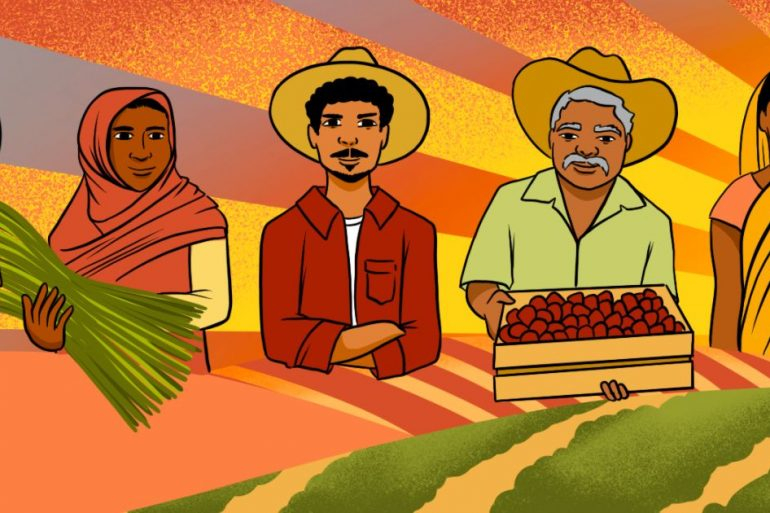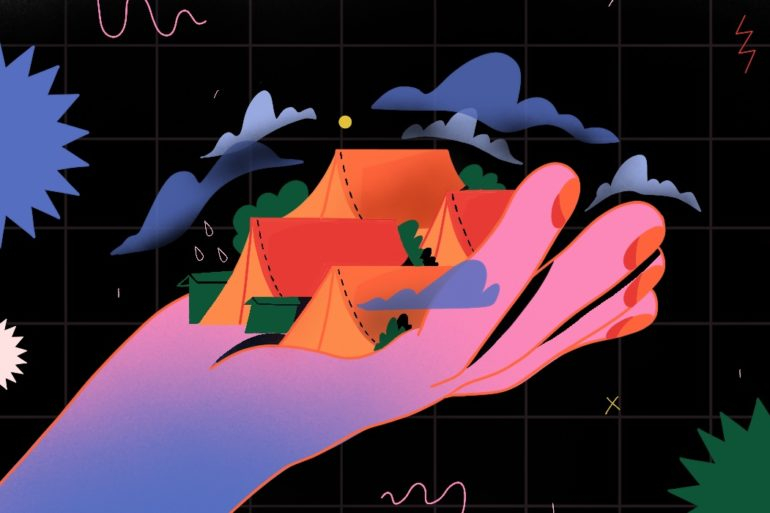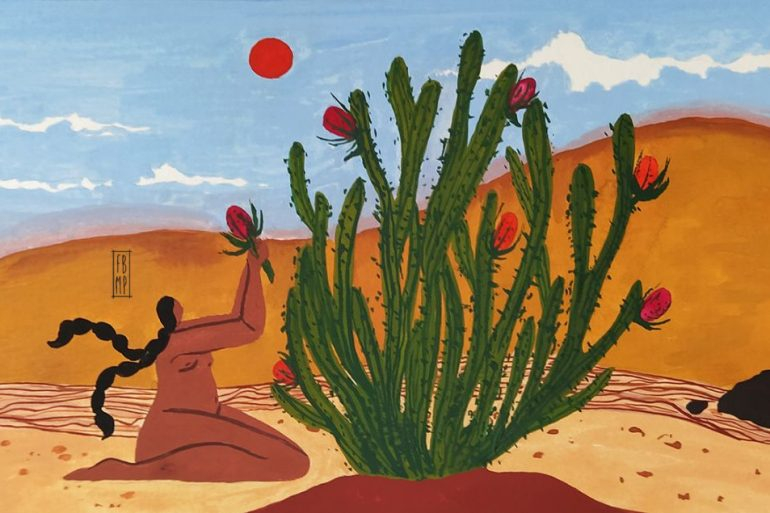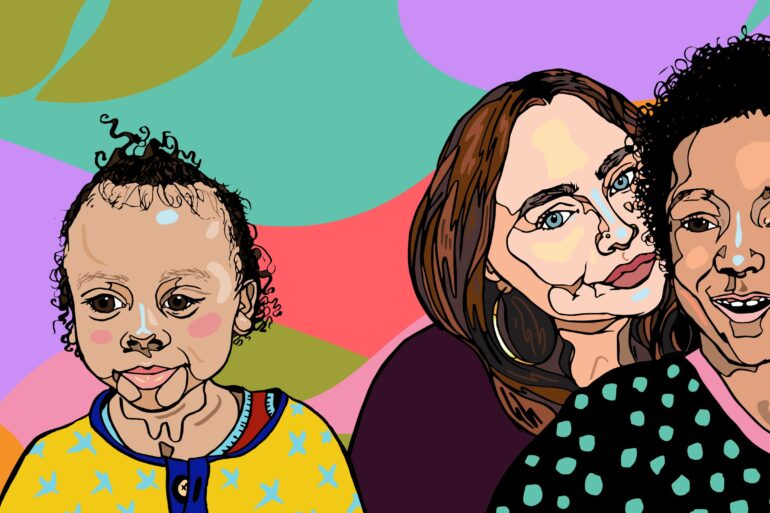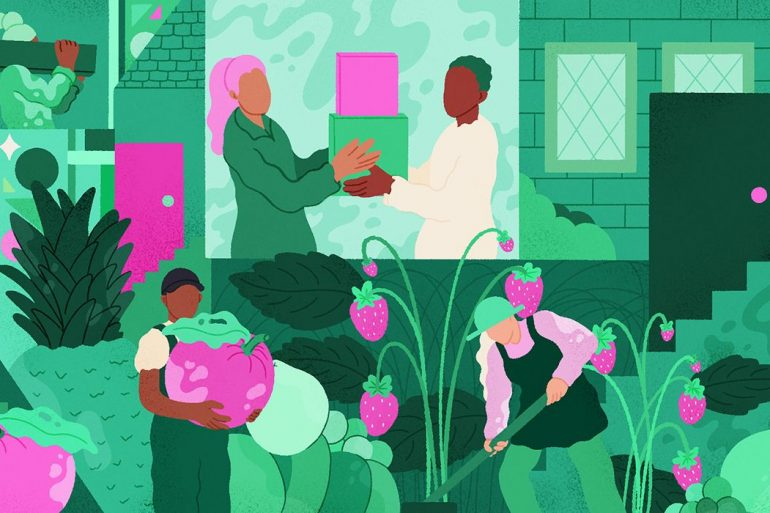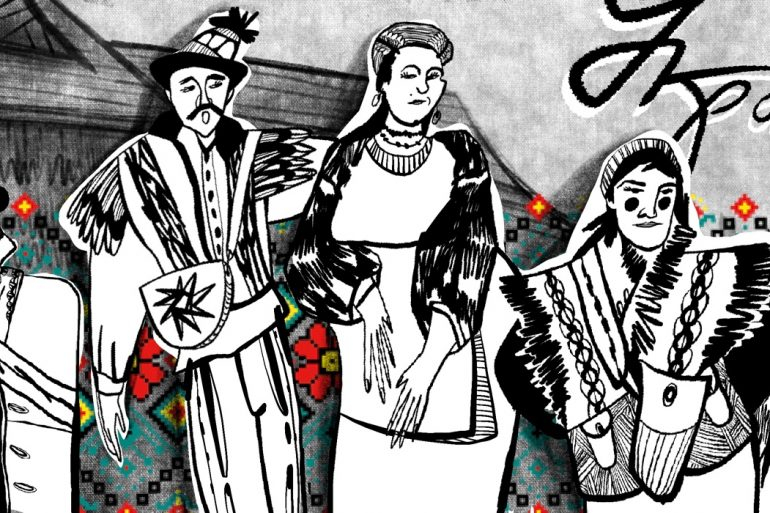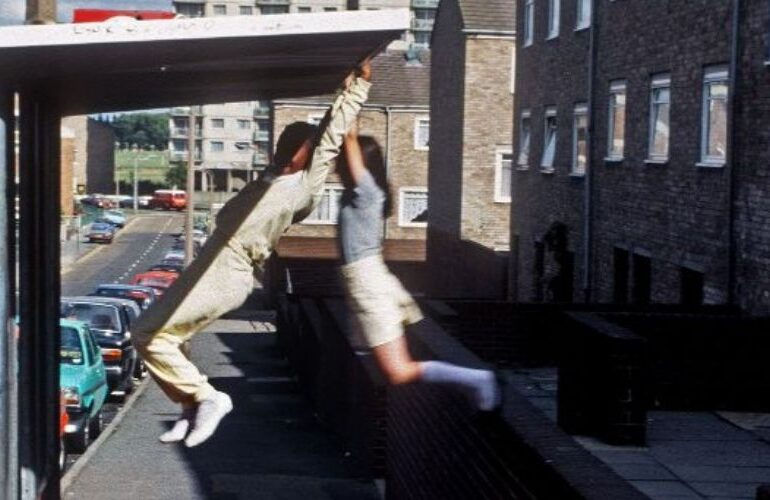I’ve always found a sense of comfort at spoken word nights. To me, it’s a place of peace, of creativity, of acceptance – you don’t feel judged when you go, nor are you judged when you have the guts to go up and read something you’ve written. It takes great poets to make an audience truly feel their words and all the emotions that come in between with each pause and breath they take.
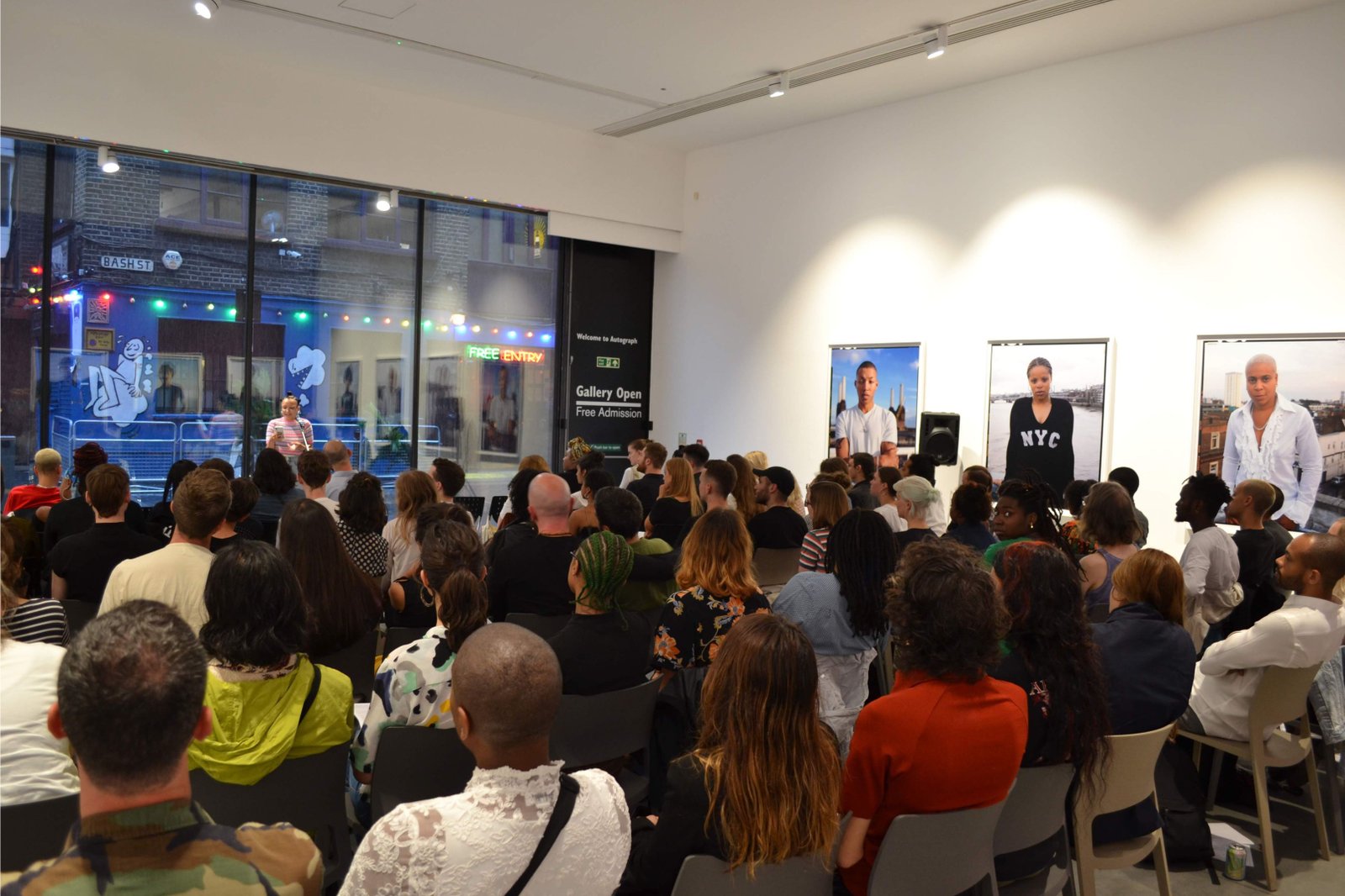
The poets at the event, “Urban Space and Queer Subcultures: Spoken Word Night” achieved this. The event was held at Autograph in Shoreditch, in response to Lola Flash’s [SUR]PASSING, an exhibition challenging stereotypes and gender, sexual, and racial preconceptions. The four poets, Chloe AyoDeji Filani, Kai-Isaiah Jamal, Rene Matić, and Tanaka (AKA T. Ffuego), spoke freely and beautifully about what it means to be queer and what it means to be a part of these subcultures to an audience who were either a part of these communities or an ally – either way their stories resonated in the minds of those attending. The evening was a safe space for queer people, for us to be ourselves and feel comfortable with the people around us. We didn’t have to hide our queerness or talk quieter about our lives because everyone around us felt the same.


A few of the poems really struck me, in regards to queerness and family, how family rarely accept us, or find it difficult to do so. Kai speaks of his struggles with his parents coming to terms with his trans identity and Tanaka speaks of their duties being queer and being black, and having the weight of all these communities on their shoulders, which are often the case for the QTIPOC community. For someone that is desi and queer, these topics are something that I think of often, although I’m not trans. I wonder about how I’ll tell my parents of my sexuality, or if I ever will. I struggle being a representative of my South Asian community as the token brown friend in a group of white friends. And I struggle to be a voice for queerness and desi-ness when I am the only queer desi people know. So, it was comforting to hear these poets speak of their struggles and how they deal with it in their writing. It’s beautiful to hear them share their stories with us, and they inspired me that day to be proud of who I am because there is a family out there for me that will accept me for who I am, and that makes it all okay.
The second half of the event was more meditative than the first with Chloe’s approach to her performance being something I’d never experienced before. She asked the audience to first close their eyes and to breath in and out, in and out and continue our breath while she read her first poem. Asking us to keep quiet at the end of each poem with no applause was something different too, but I loved that break from spoken word etiquette. We were asked to sit quiet, close our eyes and really reflect on her words on her black trans identity and womanhood without any visual distractions. René speaks of womanhood too. Reading from her hand-made zine, and speaking with her soft-spoken voice about what it’s like being a young queer woman of colour which I felt very connected to. She was relatable in the everyday discrimination and comments she would receive due to her queerness and blackness. It was a great feeling of being close with the poet and those around us, because that’s what the space was and what was so perfect as a reflection on these subcultures.


What was great was that those around me were clicking their fingers, nodding their heads in agreement, kissing their teeth in annoyance, laughing when laughter was needed and tearing up when their words caught us in our feelings. It was great because although not everyone can relate to each poet, we could all relate to something that was discussed with such beauty that night. As someone of colour, seeing four beautiful black poets made me so happy and made me glow with pride because the QTIPOC community is so underrepresented, and queer people are often underrepresented and shunned in our ethnic minority communities also. What this night created was a safe space to enjoy and opened up a dialogue within these queer subcultures and urban spaces to talk freely of our sexualities, genders, races, and identities without any discrimination and judgement, and for that I am so thankful.

